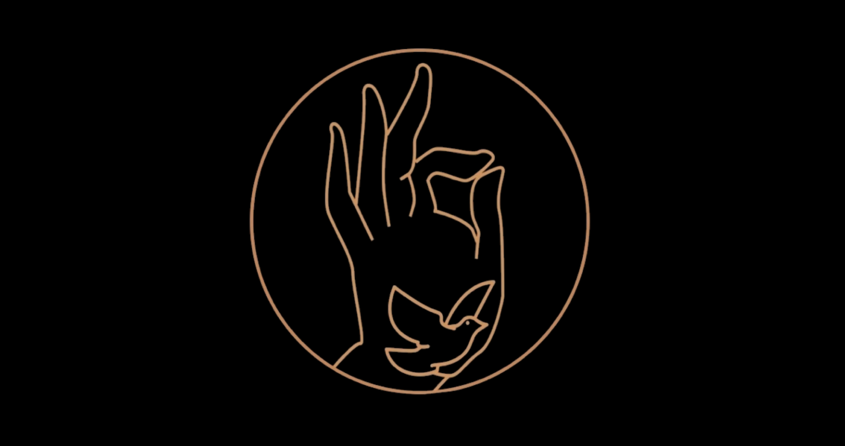Myanmar’s violent persecution of the Rohingya and other minorities directly contradicts the teachings of Buddhism, writes a collective of 72 members of the Burmese Buddhist diaspora in an open letter addressed to Burmese Buddhists at large.
The letter, published on March 31 by the group Saddha: Buddhists For Peace, calls on Myanmar Buddhists to consider whether the hyper-nationalism gripping the country now is compatible with the teachings of the Buddha.
“His teachings promote critical thinking, compassion, and striving to make ourselves and the world around us better. He warned against the dangers of attachment – to one’s race, religion, and nation – as these attachments prevent us from seeing the four noble truths and following the eightfold path,” it reads.
“Buddhists who enact violence against the Rohingya by intentionally spreading lies and abusive speech, attacking Rohingya people and their homes, or harboring hateful thoughts towards Rohingya villagers and refugees are not acting in accordance to the dhamma we were taught. We are told that these actions are done in the name of preserving Burmese Buddhist culture – out of pride for one’s country – but to us, extreme displays of pride, anger, and blind allegiance to a nation have no place in Buddhist practice.”
The letter specifically calls out the Myanmar public’s quick embrace of the Tatmadaw (Myanmar Defense Services), despite its historic role as an enemy of democracy and a purveyor of violence against activists, including monks.
“We were sickened by footage of peacefully protesting Buddhist monks being humiliated, beaten, and murdered by Burmese riot police in the streets of Yangon during the 2007 Saffron Revolution. We are upset that anyone could support the command of the Tatmadaw after such actions, or after thousands of student protesters were massacred in 1988, for that matter,” the group writes.
“We have been shocked to see that so many Buddhist activists, monks, and respected elders in our communities who we once admired as voices for justice within Burma are either silent or defending the actions of a military they were once so vehemently against.”
The authors also come after State Counsellor Aung San Suu Kyi and the NLD, who have “become complicit in this violence against Rohingya civilians carried out by the Myanmar security forces” and acted as a “shield” for the Tatmadaw.
However, they recognize that the goal of changing millions of minds about the Rohingyas’ human rights will be hard to achieve, as even Myanmar’s most influential monk – Sitagu Sayadaw – has “implied non-Buddhist individuals are inferior beings,” empowering ultranationalist monks to carry out their violent agenda.
Rebelling against the Buddhist mainstream also puts the group in conflict with another feature of Myanmar culture – “a persisting mentality that we can never be wiser than our parents and older generations.”
“For expressing these views, many of us have been accused of treachery by our own friends and family. We have been told that we are turning our backs on Burmese culture and our fellow Burmese people. Any attempt to defend or explain our opinions is disregarded as being misguided or elitist. Some of us who immigrated as adults have been told that we are no longer Burmese because of the time we spent outside the country. We are told that our minds have become indoctrinated by Western media and institutions, and if we are not willing to support Daw Aung San Suu Kyi’s government and a military backed-narrative, we should just keep our mouths shut on the issue.”
But they point out that these tactics are the same ones that the Tatmadaw used against Aung San Suu Kyi back when she was still a serious challenger to its monopoly on political power, perhaps indicating that the Myanmar Buddhist mainstream sees some threatening speck of truth in the case against genocide.
Read the entire open letter in English or Burmese here.




